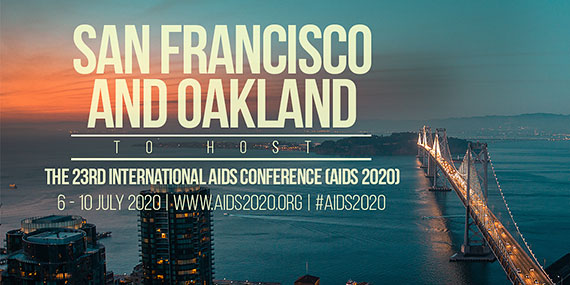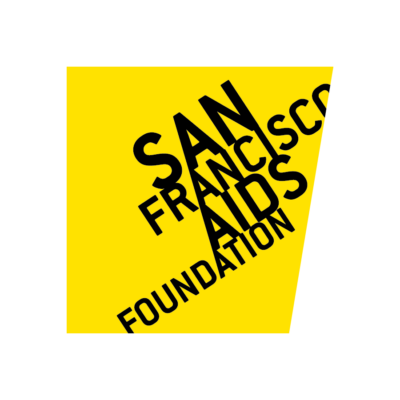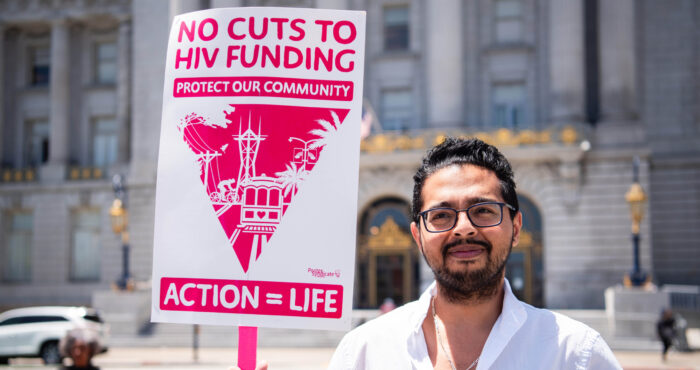San Francisco, Oakland to Host World’s Largest AIDS Conference in 2020

SAN FRANCISCO, March 13, 2018—San Francisco AIDS Foundation enthusiastically supports the announcement today by the International AIDS Society (IAS) that San Francisco, in partnership with Oakland, will host the 23rd International AIDS Conference (AIDS 2020). The International AIDS Conference, the world’s largest HIV conference, was last held in San Francisco in 1990.
“San Francisco will never forget the severity and magnitude of the HIV/AIDS epidemic—we lost our friends, family members and neighbors,” said San Francisco Mayor Mark Farrell. “Our own San Francisco General Hospital was the first hospital in the country to open its doors to people living with AIDS and we have been fighting the epidemic ever since. The selection of San Francisco in partnership with Oakland to host the International AIDS Conference in 2020 is an incredible opportunity for the city to reflect on its history as we prepare for the future.”
According to the IAS, AIDS 2020 will be held at the Moscone Center in San Francisco from July 6–10, 2020, and is expected to bring together more than 15,000 participants from around the world.
“AIDS 2020 will allow us to highlight the San Francisco model of care, and the incredible progress made towards ending the epidemic in the city where it began,” said Joe Hollendoner, CEO of San Francisco AIDS Foundation. “The conference will also allow San Francisco and Oakland—two cities whose success is inextricably linked—to partner together in ways we haven’t historically so that we can address the health disparities that continue to perpetuate the AIDS pandemic.”
Led by San Francisco AIDS Foundation and San Francisco Travel, the host city bid committee included Oakland Mayor’s Office, San Francisco Department of Public Health, Alameda County Public Health Department, and the University of California, San Francisco.
Information about the search process and HIV trends in San Francisco and Oakland can be found in “The story of AIDS 2020.” Published by IAS, this document describes the historic and current epidemiological profiles of both cities, noting how the experiences of these cities parallel those of other settings in the “global” North and South.










